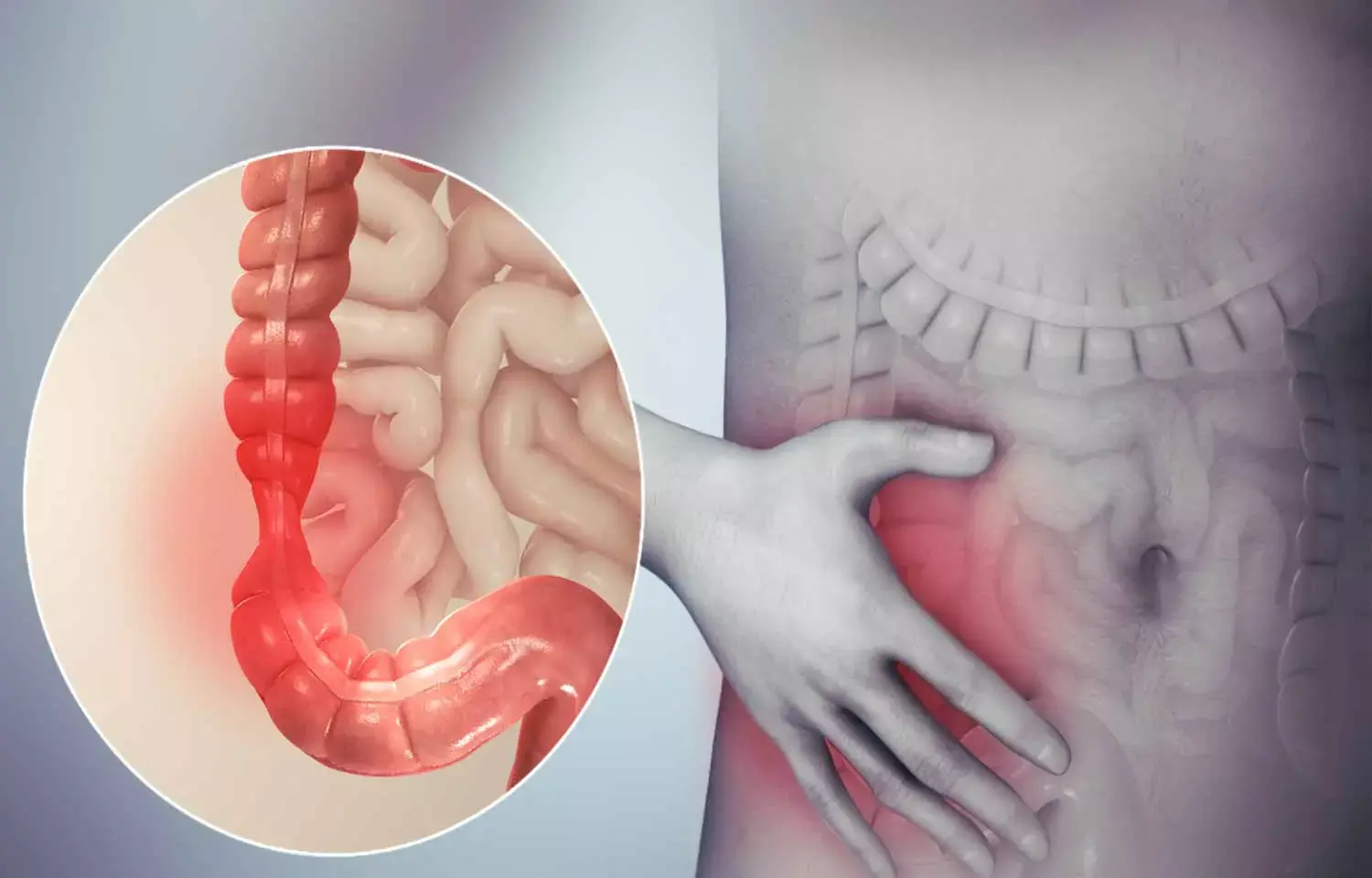- Home
- Medical news & Guidelines
- Anesthesiology
- Cardiology and CTVS
- Critical Care
- Dentistry
- Dermatology
- Diabetes and Endocrinology
- ENT
- Gastroenterology
- Medicine
- Nephrology
- Neurology
- Obstretics-Gynaecology
- Oncology
- Ophthalmology
- Orthopaedics
- Pediatrics-Neonatology
- Psychiatry
- Pulmonology
- Radiology
- Surgery
- Urology
- Laboratory Medicine
- Diet
- Nursing
- Paramedical
- Physiotherapy
- Health news
- Fact Check
- Bone Health Fact Check
- Brain Health Fact Check
- Cancer Related Fact Check
- Child Care Fact Check
- Dental and oral health fact check
- Diabetes and metabolic health fact check
- Diet and Nutrition Fact Check
- Eye and ENT Care Fact Check
- Fitness fact check
- Gut health fact check
- Heart health fact check
- Kidney health fact check
- Medical education fact check
- Men's health fact check
- Respiratory fact check
- Skin and hair care fact check
- Vaccine and Immunization fact check
- Women's health fact check
- AYUSH
- State News
- Andaman and Nicobar Islands
- Andhra Pradesh
- Arunachal Pradesh
- Assam
- Bihar
- Chandigarh
- Chattisgarh
- Dadra and Nagar Haveli
- Daman and Diu
- Delhi
- Goa
- Gujarat
- Haryana
- Himachal Pradesh
- Jammu & Kashmir
- Jharkhand
- Karnataka
- Kerala
- Ladakh
- Lakshadweep
- Madhya Pradesh
- Maharashtra
- Manipur
- Meghalaya
- Mizoram
- Nagaland
- Odisha
- Puducherry
- Punjab
- Rajasthan
- Sikkim
- Tamil Nadu
- Telangana
- Tripura
- Uttar Pradesh
- Uttrakhand
- West Bengal
- Medical Education
- Industry
New treatment in development for irritable bowel syndrome with constipation

Patients suffering from irritable bowel syndrome with constipation (IBS-C) have long needed an upgrade in treatment. Rapid-release, cramp-inducing doses of chenodeoxycholic acid (CDC) have previously shown promise in treating constipation, but further development has been hampered by the abdominal pain associated with the sudden release of CDC.
Researchers at Brigham and Women's Hospital and the Massachusetts Institute of Technology (MIT) devised a plan to deliver CDC in a bilayered capsule, finding that this mode of delivery could decrease colon cramping and thus produce a better patient experience. In preclinical studies, the team found evidence that this bilayered delivery system has the potential to reduce cramping and provide constipation relief. Findings are published in Clinical and Translational Gastroenterology.
"We know bile acids are capable of helping with motility, but what has been attempted in the past is giving a bolus -- a boatload of bile acid all at once. This manifests in increased bowel movements, but also pain," said Giovanni Traverso, MD, PhD, of the Brigham's Division of Gastroenterology, Hepatology and Endoscopy and the Department of Mechanical Engineering at MIT. "Could we take this endogenous, natural product and deliver it in a way that overcomes this risk of contractions?"
The liver produces bile acids to aid in the digestive process, regulating intestinal motility, fluid homeostasis, and humoral activity. Bile acids, such as pro-motility CDC, have been previously studied in patients for their pro-motility effects and recognized to enhance water ingression and bowel motility. The challenge has been how to administer these in ways that minimize potential side effects; to accomplish this, researchers developed a bilayered delivery system.
The bilayered delivery mechanism was tested in swine models for half-life, colon cramping and whether it caused a similar dosage spike to single-layered delivery. Immediate release of the pill's surface layer established a healthy local concentration of CDC, which in turn offered enough colonic fluid to initiate the pill's second, slower-release layer of CDC. This biphasic release of CDC established a low-dose, long-lasting presence of bile acid over time, avoiding the dosage spike and decreasing cramping.
Several important limitations exist for this study, including lack of similar studies for comparison and shortcomings of the swine model; the team was not able to measure levels of abdominal pain in the swine model, and only rectal contractions were measured, as opposed to a full colonic evaluation.
Within the next 18 months, clinical trials will begin for the bilayered delivery of CDC to IBS-C patients, with pill production regulated by the team's newly founded Bilayer Therapeutics. Traverso envisions applications for this therapeutic far beyond IBS-C. Bile acids are involved in metabolic diseases, including diabetes and liver cytopathy.
"While further studies are necessary to demonstrate the therapeutic potential of these systems in humans, our findings suggest that controlled delivery of bile acids to the colon may represent a novel approach to treating gastrointestinal diseases such as constipation," said co-author Joshua Korzenik, MD, of the Brigham's Gastroenterology and Hepatology Division.
https://journals.lww.com/ctg/Fulltext/2020/12000/Controlled_Delivery_of_Bile_Acids_to_the_Colon.9.aspx
Hina Zahid Joined Medical Dialogue in 2017 with a passion to work as a Reporter. She coordinates with various national and international journals and association and covers all the stories related to Medical guidelines, Medical Journals, rare medical surgeries as well as all the updates in the medical field. Email: editorial@medicaldialogues.in. Contact no. 011-43720751
Dr Kamal Kant Kohli-MBBS, DTCD- a chest specialist with more than 30 years of practice and a flair for writing clinical articles, Dr Kamal Kant Kohli joined Medical Dialogues as a Chief Editor of Medical News. Besides writing articles, as an editor, he proofreads and verifies all the medical content published on Medical Dialogues including those coming from journals, studies,medical conferences,guidelines etc. Email: drkohli@medicaldialogues.in. Contact no. 011-43720751


